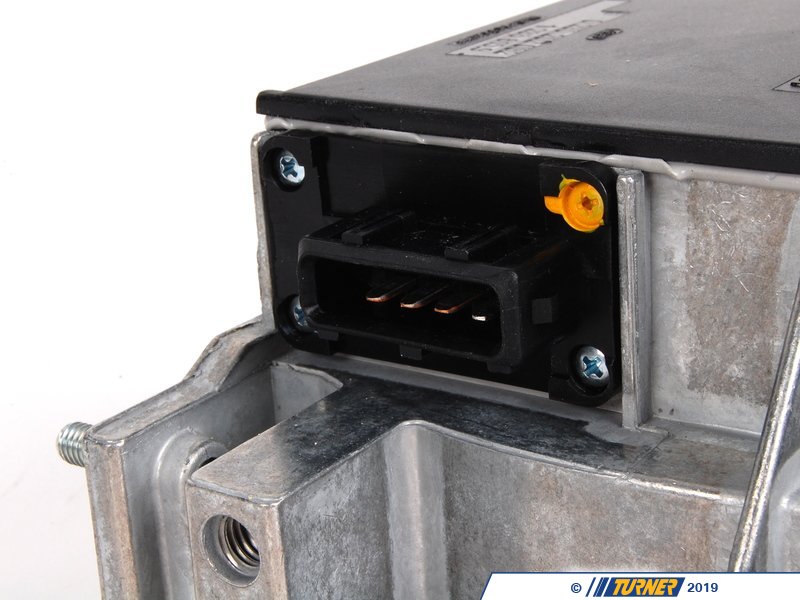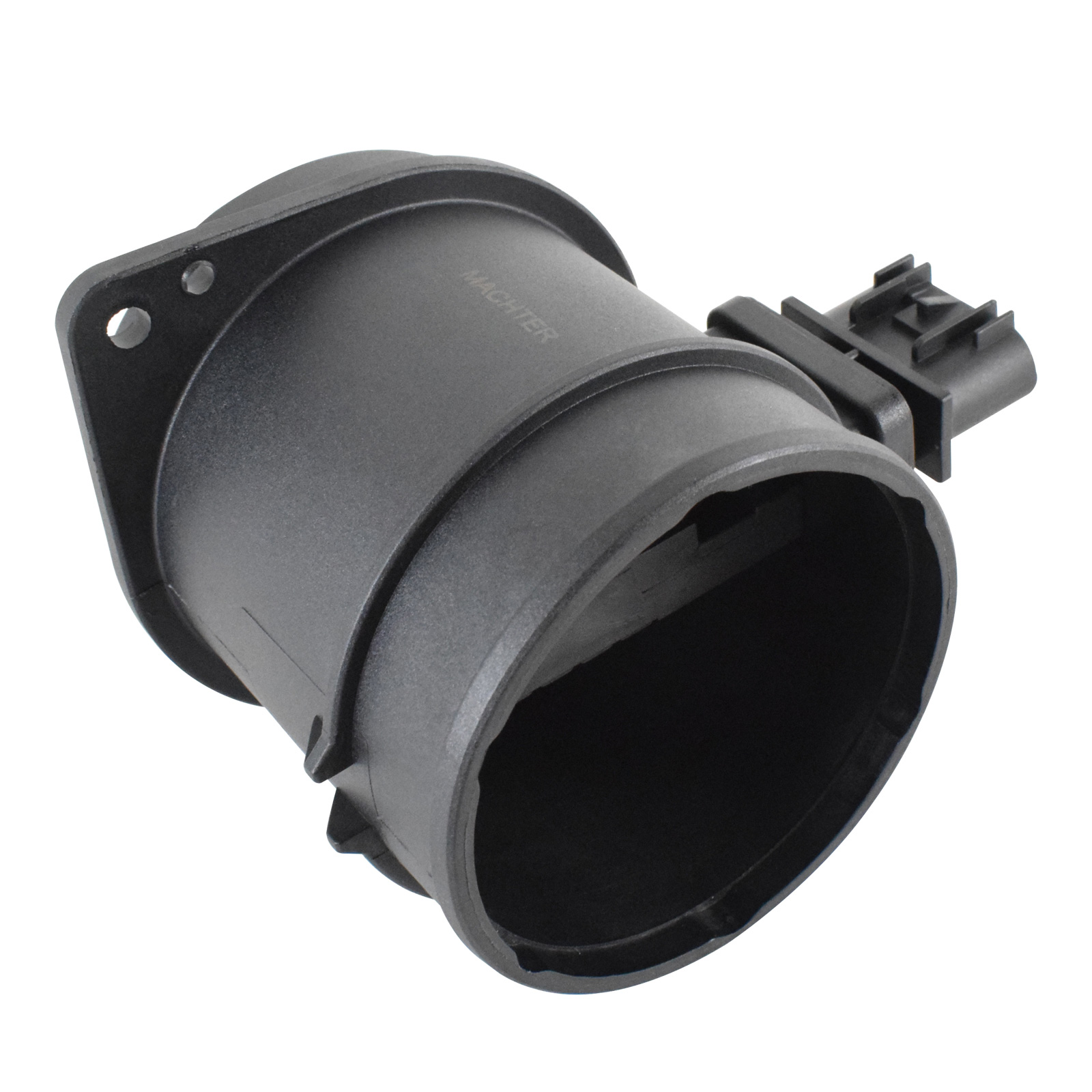

Reasons Behind Your Engine Stumbling Electrical Problems In order to combat this issue and avoid unnecessary accidents, let’s first consider why your engine stumbles when you accelerate and how we can help. This can be extremely scary and dangerous for drivers trying to make a turn into oncoming traffic or switch lanes. This causes your vehicle to stall and take longer to accelerate. There is no warning or clear indication that your car is about to stumble.Įssentially, when your engine stumbles, it loses power for a brief moment.

This is partly due to its unannounced arrival. When your engine stumbles, it can be frightening for inexperienced drivers. This will give you a deeper understanding as to why your Mini is stumbling and how to address it. Instead of throwing in the towel and beginning your new car search, consider these helpful tips and tricks.

If you’re unable to reach your desired speed, it can even make driving dangerous. This issue not only poses a threat to your Mini, it also takes away from the driving experience. One of the most common problems that Mini owners face is the engine stumbling while accelerating. However, as durable as the Mini is, it still has its fair share of issues. It’s no secret that car enthusiasts all over the nation go out of their way to purchase this popular vehicle. It’s known for its undeniable speed, versatility, and hidden power. Today's engines are complex and rely on multiple moving parts that must work together to operate efficiently.The Mini Cooper is a quaint car with adorable characteristics. However, sensors are an often overlooked component that monitors fuel, electrical, cooling, and emissions systems. Although their job often begins once the engine has already started, there are some sensors that might cause an engine not start. Which Sensors Prevent the Engine from Starting? Noted below are a few of the sensors that, if they fail, could be the culprit of a hard to start issue. Sensors do much more than simply record and send data to the ECU. In fact, most sensors are responsible for actually making the changes to critical systems such as ignition and fuel systems.

Since any engine requires the correct air to fuel ratio and ignition timing to start, having a faulty sensor that can't adjust these symptoms on the fly can cause the engine to not start. There are many reasons why damaged sensors would impact the engine starting process such as:įaulty sensors can keep your engine from starting, but this is often engineered in as a safety measure. For instance, the crank angle sensor or crankshaft position sensor may be located near the transmission belt housing and come in contact with water, which would prevent it from working. This sensor measures the position and speed of the crankshaft to ensure the pistons are timed for the right amount of combustion at the right time.


 0 kommentar(er)
0 kommentar(er)
